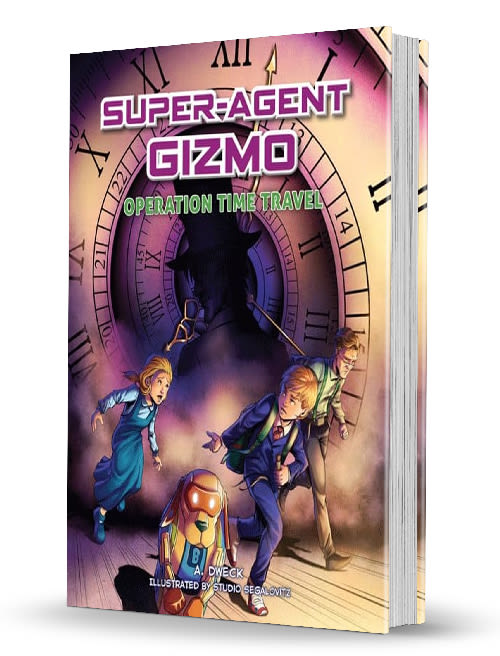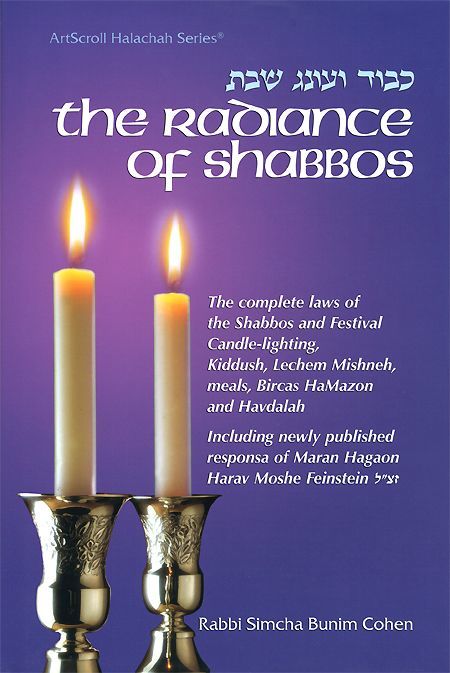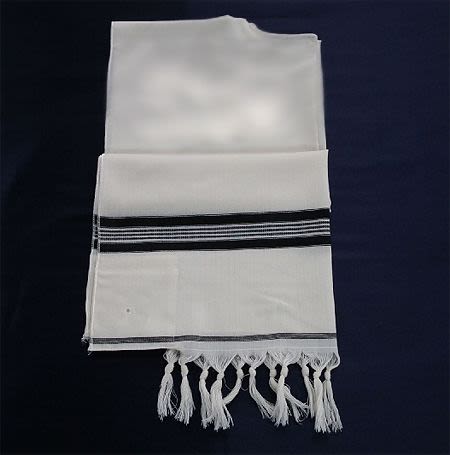
Va’etchanan: Hashem’s Nightingales
Hashem empowers the Beit Din to decide when the holidays will fall. How can Hashem command us to make the Sabbath day? Only He can make the Sabbath day!

"Hashem, your God, has commanded to you to make the Sabbath day" (Devorim 5:15).
The above passage seems peculiar. During the time of our Holy Temple, may it be rebuilt soon, the head rabbinical court, or Beit Din, had the power to declare a leap year and add a 13th month, or to decide whether a month will be 29 or 30 days long. As such, Hashem empowers our wise men with the ability to influence when the holidays will fall, according to their decisions in the Beis Din.
If the Beit Din declares a leap year, then Purim, Pesach, and all subsequent holidays will fall a month later. By declaring a "full month" of 30 days, the upcoming holiday is pushed off by a day. Yet, no matter what the Beis Din decided, Shabbat remained Shabbat, and is forever on Saturday, the seventh day of the week! If that's the case, then how can Hashem command us to make the Sabbath day? Only He can make the Sabbath day!
With Hashem's loving guidance, the following parable will help answer our question.
A great King ruled over one hundred and twenty-seven lands. After conquering his enemies, he decided to build the most magnificent palace that the world had ever seen. The palace was erected on a hill and constructed of white marble and gold. It glittered in the sun for miles away. The palace's exquisite interior was decorated with the finest silk tapestries from the Far East and solid mahogany furnishings from the Philippines. The King spared no expense in making the royal residence one of the great wonders of the world.
More than anything else in the royal estate, the King loved his tropical gardens. He planned an intricate and magnificent series of miniature paradises, summoning the continent's foremost landscape architects, zoological and botanical experts to implement his plans. Over the course of six years, they designed and built a royal haven that exceeded the wildest dreams of any natural beauty seeker.
The gardens were organized into a successive series of microclimates, each garden representing a different area of the kingdom. One garden had thick leafy tropical plants with exotic fruit, while another had a flowing mountain-type stream complete with rainbow trout. A third garden resembled an African jungle, and a fourth was a series of ponds with exotic fish and lily pads. One would then enter a fifth garden where deer, gazelle, and angora rabbits roamed with no fear, which led to a sixth garden that hosted literally thousands of specimens of the world rarest flowers in all their motley splendor.
The King's favorite garden was the seventh, his garden of tropical birds. He invited the world's leading aviculturists to send him rare species, and was willing to pay any price for those feathered rarities the found favor in his eyes.
After six years of hard work, the King – escorted by the royal staff in charge of maintaining the gardens – devoted an entire day to inspecting his haven of heaven on earth. Everything was perfect – charming to the eye and gratifying to the soul. Finally, the King inspected the seventh garden, the most exquisite of all. This avian sanctuary had the rarest of birds; one grandiose long-tailed peacock from China cost nearly a million gold pieces, while a rare blue-and red cockatoo from Ceylon cost twice that much. The garden was magnificent, yet something inexplicable was missing.
The King turned to the royal aviculturist and said, "My heart tells me that a certain species is missing from the aviary. Everything is lovely – a delight to the eye – but I should be feeling more joy from this, my favorite garden. What could be lacking?"
Bashfully, the aviculturist replied, "True, Your Majesty, something is missing. I wanted to purchase a pair of rare nightingales from the Vale of Sharon, but they cost five million gold pieces, more than double the price of our Ceylonese cockatoo."
"Why so expensive?" asked the King. "Are nightingales half as beautiful as the cockatoo or the peacock? What makes them so special?"
"They are known to have the sweetest song imaginable, Your Majesty; nothing can imitate them."
"Are they worth the price?" inquired the King.
"In my humble opinion, most certainly," replied the royal aviculturist. Your majesty will feel as if the angels have descended from heaven to dwell in the garden. The song of the nightingales is sublime."
"The money is yours! Bring them immediately, no matter what the expense," ordered the King.
Once the nightingales were placed in the King's favorite garden, the King began spending all his time among the birds. The delight of the nightingales' sweet harmony was a greater delight than anything the King could imagine. In their song, they canted the King's praise. The nightingales added a new dimension to the King's gardens. With their singing, the King's gardens were complete.
Rebbe Nachman of Breslev says (Likutei Moharan II:104) that the most important Divine service of a Jew is that which is done in simplicity and innocence. Particularly, Hashem takes indescribable pleasure in the zemiros, the singing of a Jew at his Shabbat table.
A Jew's singing of praises on the Sabbath is what makes the Sabbath, just like the King's nightingales in the parable "made" the royal gardens. Therefore, we have the power to "make the Sabbath" by singing our praises to Hashem at the Sabbath table. May Hashem help us to sing our way to a day of endless Sabbath, the full redemption of our people Israel, speedily and in our time, amen.












Tell us what you think!
Thank you for your comment!
It will be published after approval by the Editor.